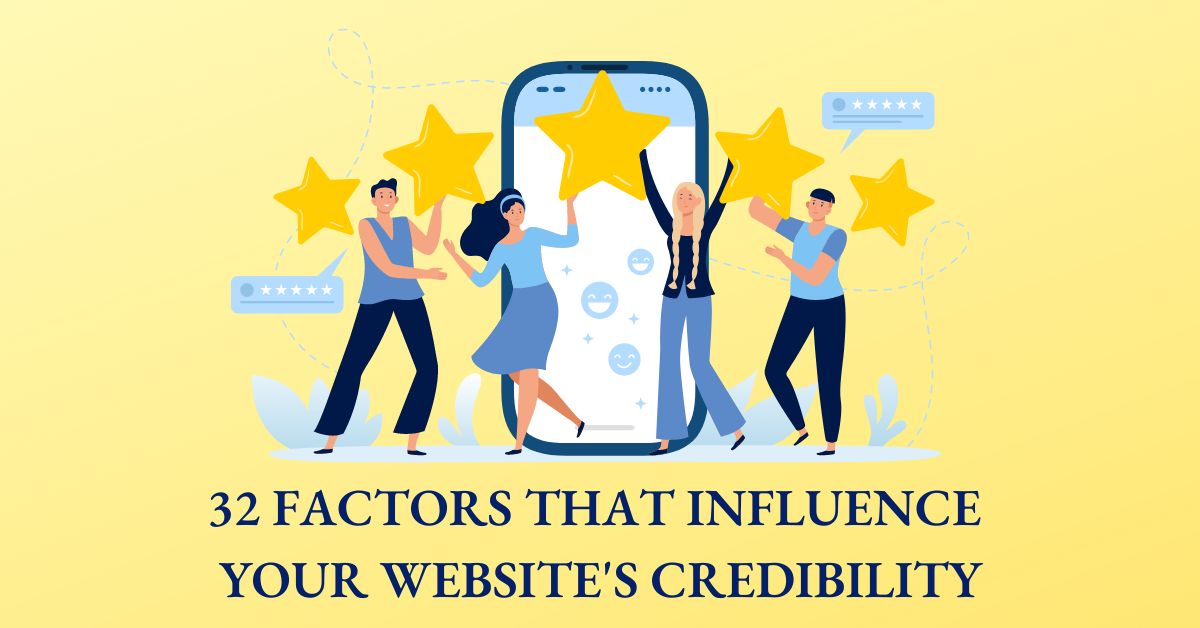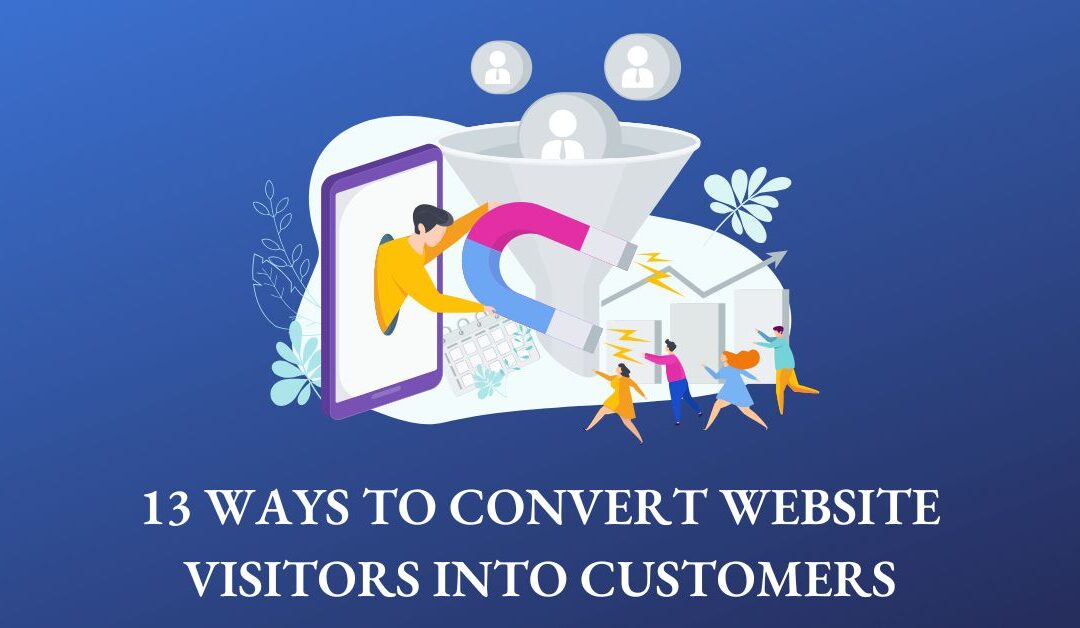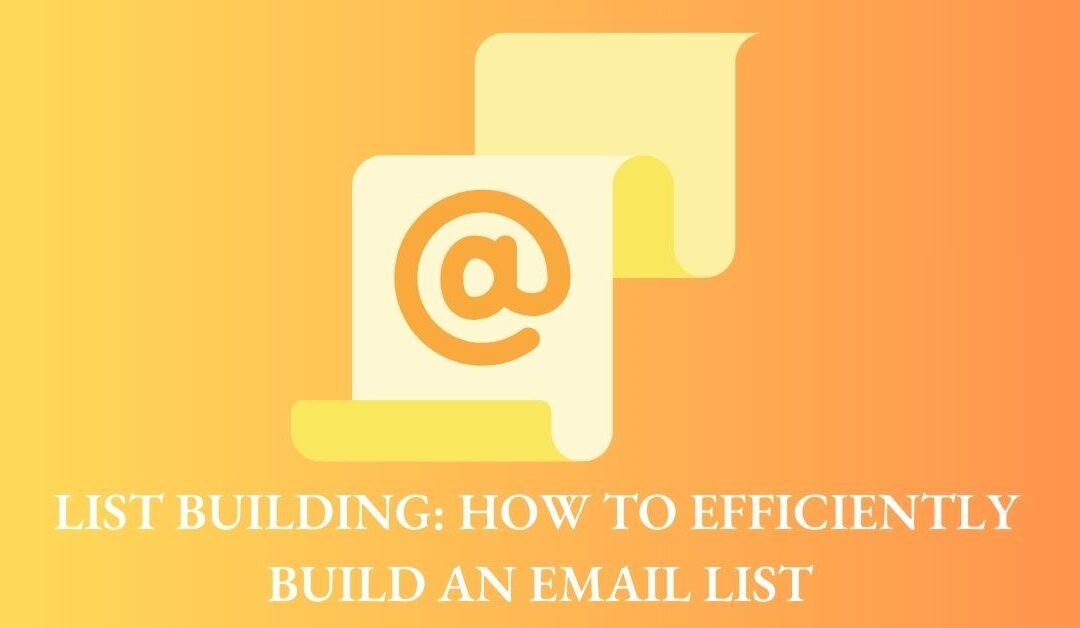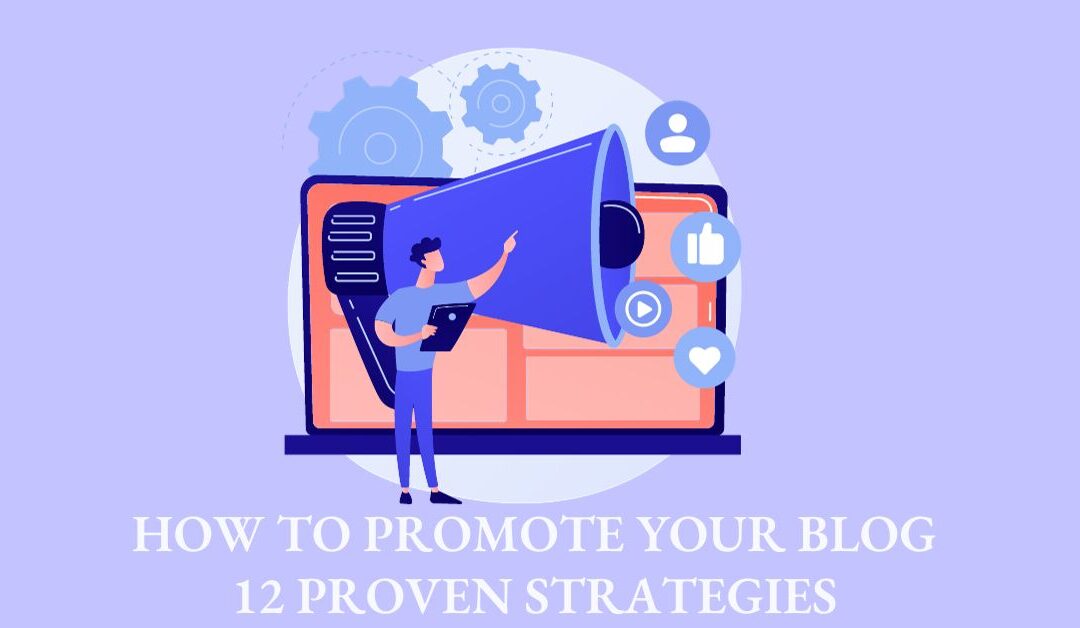Website credibility is the key to generating traffic and increasing sales. It boosts brand image and increases customers’ confidence in your brand. However, with the growing number of online scams, earning the trust of people visiting your website takes time and effort. Visitors abandon sites they do not find safe or trustworthy. They need reasons to trust your website before they buy from you.
Therefore, it is critical to focus on essential factors influencing your website’s credibility to earn visitors’ trust.
What is Website Credibility and Why is it Important?
Website credibility refers to how visitors perceive your website regarding trustworthiness and expertise. It is essential for several reasons, a few of which are:
It Changes Visitor’s Behaviors
A visitor’s behavior is different towards a trustworthy site compared to a less credible site. For example, visitors are more likely to register or subscribe if they think the website is credible. Similarly, they will likely spend more time on the website to know more about you.
It Increases the Conversion Rate
Customers need reassurance before purchasing. They want to know if their money is safe or not. A credible website boosts customers’ confidence and encourages them to buy products.
It Helps Build a Loyal Audience Base
Online visitors often visit credible sites. It is true, especially for blogs. For example, visitors looking for information on Google will likely click on websites they have seen before and found credible.
It Helps Build Backlinks
Backlink building is critical to search engine optimization. However, you can only gain backlinks if your website is credible. Bloggers and authors continuously seek reliable information and prefer credible and high-quality sites to include in their content.
Factors that Influence Website Credibility
1. Professional Design
Most visitors evaluate a site based on its design and form an impression of its credibility. It is because the design of a website is the first thing your visitors notice. A professionally designed website is simple and clean. For example, pop-ups and banners may form a terrible impression, affecting your website’s credibility.
2. Branding
Branding helps you establish an identity and positive perception of your company. A memorable logo, a catchy tagline, and good typography are critical components of branding that contribute to website credibility. Visme and Canva are two popular tools for making a professional logo for your website.
To ensure typography enhances the readability and aesthetics of your website:
- Avoid using fancy fonts.
- Do not mix multiple fonts.
- Avoid using default fonts.
- Choose a big font size to make reading easier.
The color scheme is another critical component of branding. It is because colors have a significant impact on human psychology. Your customers will respond differently to various colors. Specific colors may make your website look unprofessional, affecting the website’s credibility. Remember, a good color scheme contains only a few colors. Additionally, use colors that complement each other.
3. Easy Navigation
Navigation and site structure affect website credibility. If it is easy for the visitors to find what they are looking for, their trust and faith in your brand will increase. On the other hand, if a visitor cannot find the desired information quickly, it may appear as if you are intentionally hiding information.
4. No Technical Problems
A website with technical issues cannot gain the trust of its visitors. Additionally, technical problems lead to poor user experience and increase the chances of users abandoning the site and switching to competitors. Common technical issues that can affect website credibility are:
- Mobile incompatibility.
- Broken links. You can find broken links with the help of tools like SEMrush, Serstat, and SpyFu.
- Forms not opening.
- Server issues. To avoid server issues, use a reliable high-speed hosting server such as Hostinger, SiteGround, WPEngine, Kinsta, Cloudways, and Bluehost.
5. Simple Language
Simple language is an essential factor that influences website credibility. It is easy to understand and comprehend. It is critical for inclusive content that caters to readers of all knowledge levels without discrimination. A few tips for simple language are:
- Avoid acronyms and jargon, as your audience may not know them.
- Use words your audience is most likely to search on Google.
- Avoid idioms, as they make it hard to comprehend the context and meaning of the content.
- Avoid homographs. Homographs are words with exact spelling but different pronunciations and meanings, e.g., “lead” and “bear”.
6. SSL Certificate
A website can only be credible if it is secure. Customers need assurance that their personal and credit card information is safe if they purchase from you. A website with an SSL certificate is presumed safe. SSL (Secure Socket Layer), a security protocol, encrypts data transmitting between the web server and web browser. It reduces the risk of information theft by hackers.
7. Real Images
Use real images showcasing your business activities, staff, office, etc. Authentic images are evidence of your genuineness and help establish your brand. They also help build customer connections by giving glimpses of your business activities.
8. High-Quality Images and Visuals
No one likes blurry, poor-quality images. They are a turnoff and raise questions about website credibility. Use a professional camera to ensure the lighting is correct for authentic photos. However, you can use professional tools such as Canva and Visme for infographics or other visual content. Similarly, you can use Doodly, Moovly, Vyond, Powtoon, Adobe Animate, and Animaker for high-quality animations.
9. Minimum Stock Photos
Sometimes, you may have to rely on stock photos, especially if you are a blogger. However, only use high-quality, royalty-free stock photos and keep them as minimal as possible. You can try envatoelements, a marketplace, to find high-quality stock images. Similarly, shutterstock is another popular marketplace for stock images.
10. Minimum Advertisements
Excessive advertisements are frustrating for customers and affect the customer experience negatively. Advertisements scattered all over the page interrupt readers and make them lose interest. It may also appear that you are least concerned about customer experience. Therefore, for website credibility, it is essential to keep advertisements at a minimum.
11. Correct Grammar and Spelling
Incorrect grammar and wrong spellings leave a terrible impression on your audience, affecting your website’s credibility. They cause distractions and make content hard to understand. Additionally, poor grammar and spelling show a lack of respect for customers. Therefore, correct grammar and spelling are critical to avoid a poor corporate image and gain credibility.
You may not be a language expert, but you can hire professional services or tools to ensure your content has no grammar or spelling mistakes. Grammarly, ProWritingAid, and WhiteSmoke are popular tools for detecting and fixing grammatical and spelling errors.
12. Fast Loading Website
Everyone likes fast-loading websites. Visitors are least likely to wait over 5 seconds before your website can load. They will likely abandon your site and switch to your competitor, increasing the bounce rate and negatively affecting website credibility.
To improve the page load speed:
Use caching
WP Rocket and WP Optimize are two popular tools for caching.
Optimize images
Images make a website heavy, increasing load times. Therefore, storing images in the correct format and compressing them is essential. Smush is a popular WordPress plugin you can use for lossless compression.
Use a lightweight WordPress Theme
Some themes may also contribute to slow page load speed. Following are a few fast WordPress themes you can try:
13. Product/Service Information
Detailed product/service information is critical to establish website credibility. It shows you are fair and honest in telling about the product features. On the other hand, customers may get suspicious and frustrated if they cannot find the necessary product/service information.
14. Pricing information
Like the product, pricing information also affects customers’ perception of website credibility. Stating clear prices that are up to date gives the impression you are fair in your dealings.
15. Visible Contact Information
One of the critical factors that influence your website is visible contact information. Visitors may consider the website spam if they cannot contact it.
16. Clear Policies (Privacy, Refund, Return) and Warranties
A website that clearly states all policies, such as privacy, return, and refund policies, is considered credible and reliable. Visitors want to know how you process their information. Similarly, customers consider warranties and refund/return policies before purchasing. Therefore, to gain the trust of your visitors and customers, state the policies clearly.
17. Up-to-date Content
Outdated content is a sign of unprofessional behavior. It may also appear that you are no longer in the business or do not care about your audience. Additionally, outdated information leads to confusion, especially about product features or pricing. Therefore, to maintain your website’s credibility, keep content updated.
18. Guest Posting
Visitors will consider you trustworthy if you have written a guest post for a reputable website. The visitors may learn about your guest posts through your bio or after reading your post on another site. In either case, you will earn their trust.
19. High Rank in SERPs
Your rank in search engine result pages is essential to your website’s credibility. Search engines rank high-quality, relevant web pages higher than poor-quality, less relevant pages. Additionally, only highly authoritative pages rank on the first page of Google. Therefore, if your website ranks higher in SERPs, it is presumed credible.
20. Influencer Marketing
Influencers have a huge fan following and carry a lot of power. A positive review or recommendation from them can significantly enhance your credibility. Influencers are experts in their niche, and their followers trust their opinions and suggestions. Influencer marketing also does not appear as an advertisement, making it more beneficial for credibility.
21. Testimonials
A testimonial is a truthful recommendation of your product or service from a client or customer. The writers of the testimonials may be unknown to your audience, but they tell about their experience with the product or service.
22. Reviews
Reviews are like testimonials, except that reviews are not always good. An excellent review increases your credibility, while a bad review may affect your sales but shows you are an authentic brand, not spam.
23. Awards
An award speaks louder than an advertisement. It acts like a certification of your credibility. Therefore, display your awards on the main page and tell the audience about your distinction.
24. Press Mentions
Press mentions act as an advertisement. Visitors are likely to trust brands, businesses, and bloggers that get mentioned in media, such as newspapers and radio.
25. Client Validation
Displaying the list of your customers can significantly improve your website credibility, especially if your clients are renowned in their industries. For example, if you sell software and a famous brand uses it, you must display its name on your website. A leading brand using your software means they trust you. As a result, others will also consider you credible.
26. Social Media Engagement
Next on the list of factors that influence website credibility is social media engagement. Connecting and engaging with audiences on social media platforms helps you build relationships and gain their trust. However, an inactive social media profile is rather disappointing. Therefore, staying consistent in posting content on social media is equally important. Additionally, ensure you have taken care of all the elements a successful social media profile must have.
27. Community Engagement
Like social media engagement, community engagement influences website credibility. Participating actively in discussions and community forums can help you build authority and connections. Additionally, be vigilant in responding to comments on your website. A quick and detailed response helps earn the trust of the audience.
28. Customer Service
Customer service shows your competence and efficiency, helping you earn the trust of your customers. It is because customers have faith you will respond to their queries and address their issues in time. It is best to have live chat support for quick service. Alternatively, you can display your customer service number on your main page.
29. FAQs
A helpful FAQ section is another factor influencing your website’s credibility. Your prospective customers may have questions that need clarification. For example, before subscribing to a service, they may wish to know how to cancel a subscription. FAQs also help address customers’ concerns regarding the brand, product, or service.
30. No Enforced Requirements
One turnoff for users is when they are asked to sign up before taking action, such as buying a product or posting a comment. In the worst case, the user may leave your site without proceeding further. Enforcing requirements gives the impression you are more interested in the company’s needs than customers’ needs.
31. Consistency
Consistency helps you gain the trust of your audience. It ensures your audiences have a quality experience. Your design, color scheme, spacing, and typography must be consistent across your website’s pages. The navigation also needs to be in the exact location across all pages.
32. Citation of Sources
Information and claims supported by evidence are more credible than those without citations. Therefore, remember to cite sources of information, data, or statistics to make your content credible.
Conclusion
Website credibility is a critical factor affecting conversions, sales, and traffic. Without credibility, it is unlikely your website will perform as expected. It is, therefore, essential to include elements that can enhance the credibility and reliability of your site.






0 Comments